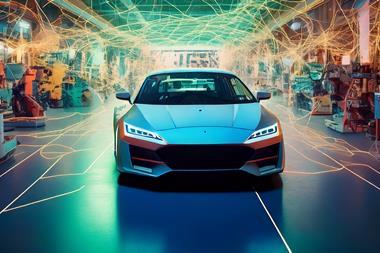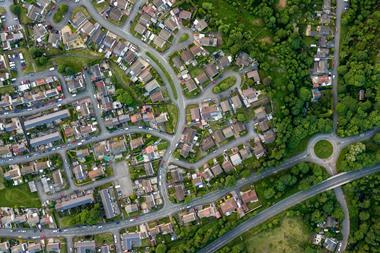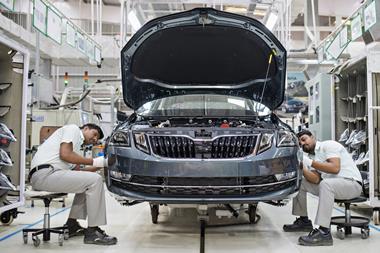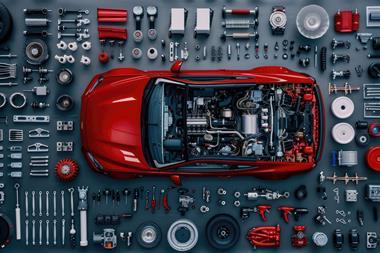 It is likely that surging material prices will have an increasingly detrimental effect on company profit margins. Prices of hot-rolled coil in the US and Europe have ranged from $1,100 to $1,200 per metric ton, and are anticipated to reach $1,500 by the end of 2008. Similarly, the price of steel has increased in India and Korea; even in China, where production is heavily subsidised, prices are creeping upwards. The state-owned Aluminium Corporation of China has recently teamed with Alcoa to purchase 12 per cent of Rio Tinto, reportedly to halt any move by BHP Billiton to buy the company outright and take a major stake in global iron ore production. (That a state-owned enterprise is attempting to preserve the integrity of the wider market should not be overlooked).
It is likely that surging material prices will have an increasingly detrimental effect on company profit margins. Prices of hot-rolled coil in the US and Europe have ranged from $1,100 to $1,200 per metric ton, and are anticipated to reach $1,500 by the end of 2008. Similarly, the price of steel has increased in India and Korea; even in China, where production is heavily subsidised, prices are creeping upwards. The state-owned Aluminium Corporation of China has recently teamed with Alcoa to purchase 12 per cent of Rio Tinto, reportedly to halt any move by BHP Billiton to buy the company outright and take a major stake in global iron ore production. (That a state-owned enterprise is attempting to preserve the integrity of the wider market should not be overlooked).
This follows the approval of a 65 per cent price increase for ore supplied to China’s Boasteel from Brazilian producer Vale, while the Chinese government has levied a 25 per cent tariff on raw steel exports.
In India, the price of steel has risen by 33 per cent in the first quarter of 2008, this despite national steel producers having captive ore mines and coke producers. To counter the Chinese tariff, the Association of Indian Forging Industry is seeking to have a similar tariff imposed on Indian steel, while increasing the incentive benefit for exported finished forged goods to a China-matching 17 per cent, up from the current seven per cent.
That carmakers are complaining at all about the rise in the steel price comes as a surprise to some analysts. Michelle Applebaum, a Chicago-based industry expert, recently noted that, since 1981, the price of steel had yet to double from the then price of $800 per ton – this while the average price of a US-built car has increased six-fold over the same period. Much like today’s fuel prices, the increase in steel prices should have been predicted by carmakers. If such increases were in fact suspected, companies have now missed the chance to take a pre-emptive look at steel alternatives, but the fact is that there is still a generous amount of headroom left before the price of steel rises to such an extent that alternatives become viable replacements for mass car production.
GM and Hyundai have announced plans to increase prices on some 2009 models to reflect the higher cost of materials; GM is looking at an average increase of 3.5 per cent while Hyundai has pinpointed $200 to $300 per unit. Other manufacturers are likely to watch these plans with interest (whether handing one of the fundamental costs of vehicle manufacturing over to the consumer is a viable choice) but caution must be the watchword of the day. The scales are finely balanced and until steel reaches a critical price point, it may well be prudent to absorb extra costs in a market that is undergoing fundamental change.


































